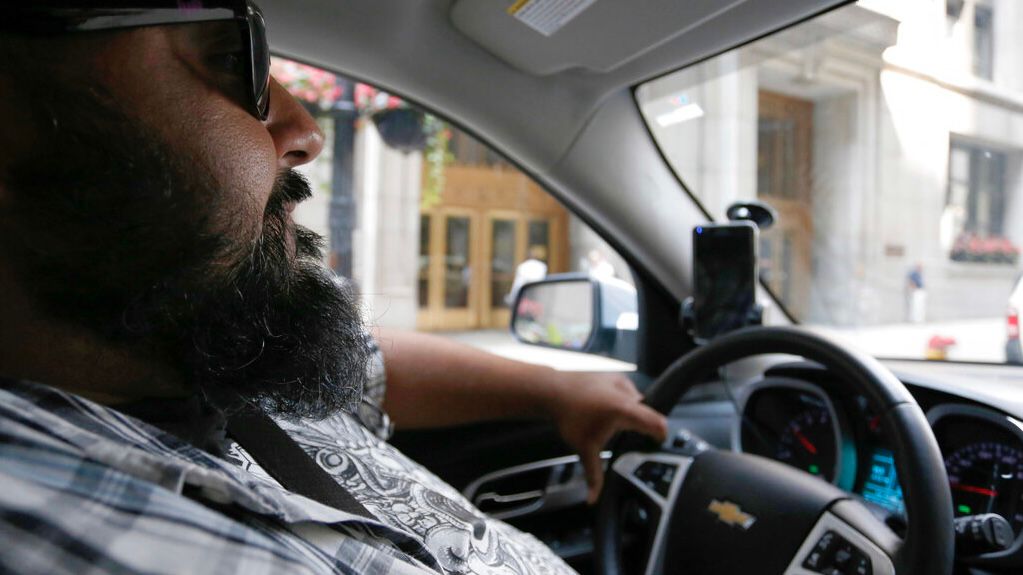Ride hail drivers, home health care providers and other people who work as independent contractors could be reclassified as employees eligible for benefits under a final rule the U.S. Department of Labor announced Tuesday.
The rule establishes new criteria for employers to factor into their decisions about how to classify workers.
The department said the rule is designed to stop employees from being misclassified as independent contractors, which can prevent them from earning a minimum wage and overtime pay and qualifying for benefits such as social security or unemployment insurance.
“Misqualifying employees as independent contractors is a serious issue that deprives workers of basic rights and protections,” Acting Labor Secretary Julie Su said in a statement. “This rule will help protect workers, especially those facing the greatest risk of exploitation, by making sure they are classified properly and that they receive the wages they’ve earned.”
The independent contractor rule overrides a Fair Labor Standards Act rule passed during the Trump administration and adopted in March 2021 that made it easier to classify workers as independent. The new rule, taking effect March 11, replaces the 2021 rule with a new multifactor system for determining whether a worker is an employee.
The six factors take into account “any opportunity for profit or loss a worker might have; the financial stake and nature of any resources a worker has invested in the work; the degree of permanence of the work relationship; the degree of control an employer has over the person’s work; whether the work the person does is essential to the employer’s business; and the worker’s skill and initiative.”
The rule runs counter to a law California voters approved in 2020. Backed by Uber, Lyft and DoorDash, Proposition 22 allowed app-based delivery and transportation companies to classify drivers as independent contractors instead of employees. It was the most expensive ballot measure in California history, backed with $205 million in funding from transportation and delivery companies and $19 million from labor groups that opposed it. The rule was challenged in California state court a year after it was passed and was upheld in 2023.
The Flex Association, which represents Uber and Lyft, issued a statement Tuesday that said “independent work has become an indispensable part of the nation’s economy. While we do not anticipate immediate impacts, the Department of Labor’s new guidance could generate significant uncertainty for millions of small business owners and entrepreneurs.”
The association said it plans to ensure “this rule does not target workers who overwhelmingly turn to app-based platforms to earn supplemental income on their own terms.”








